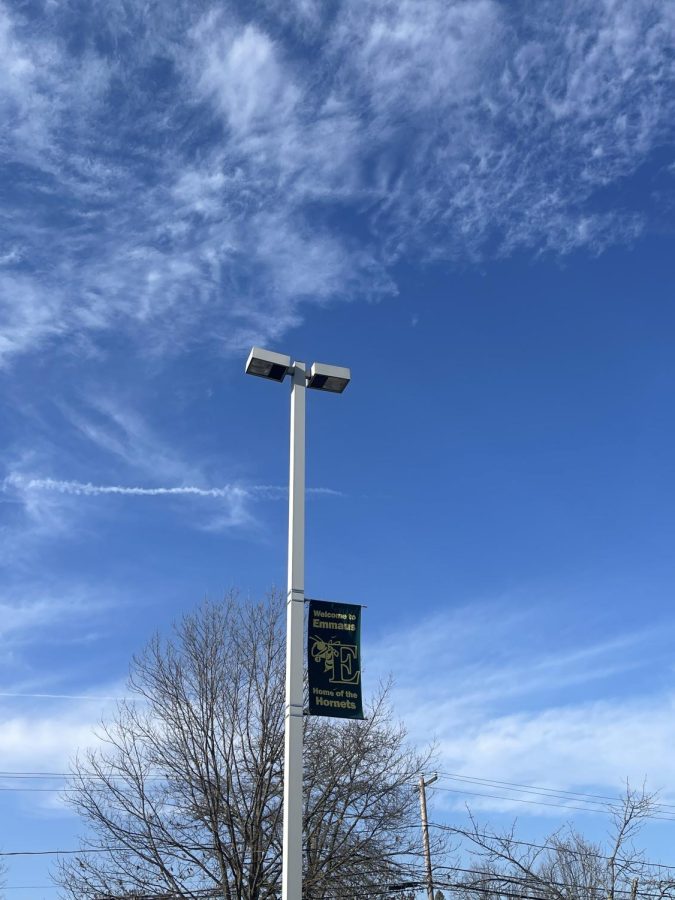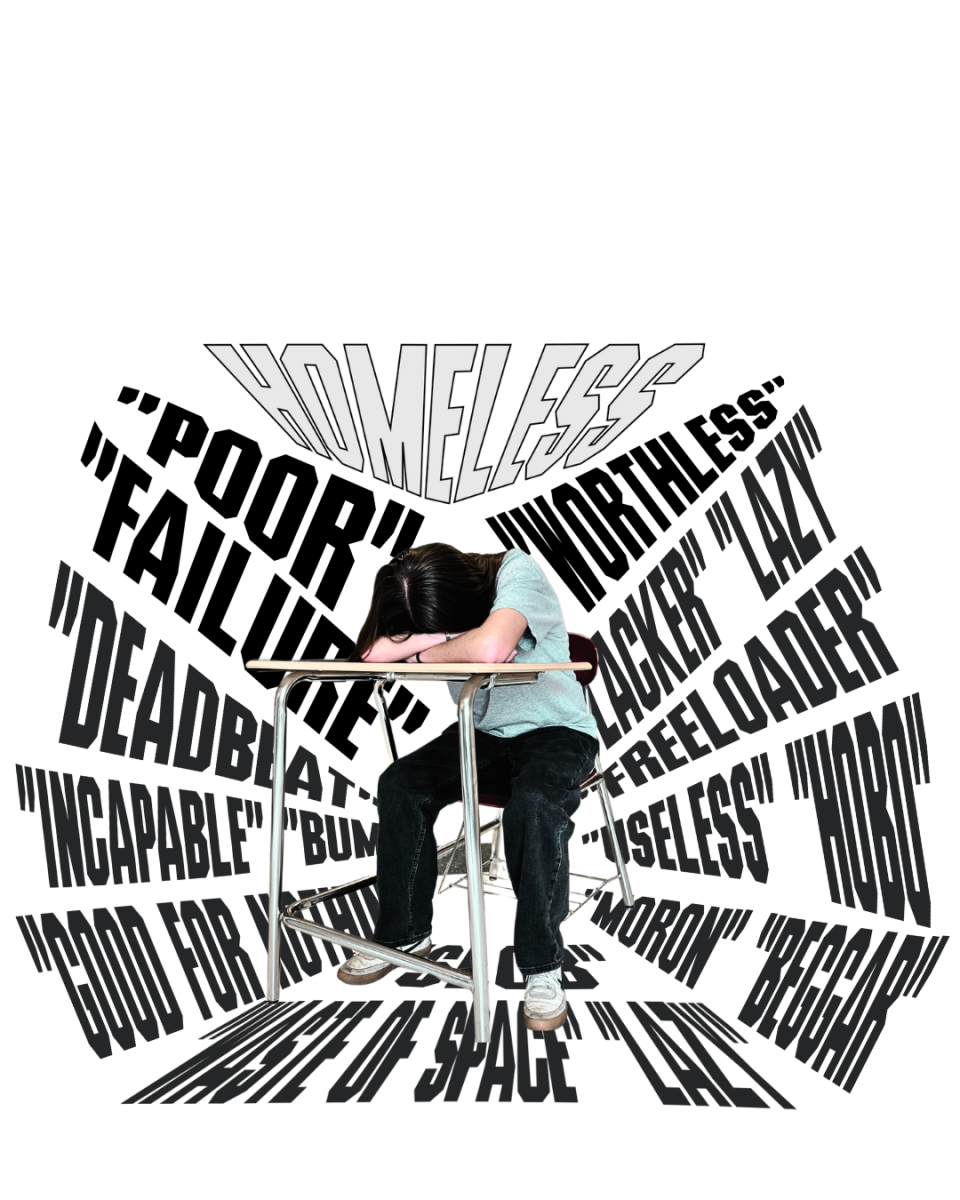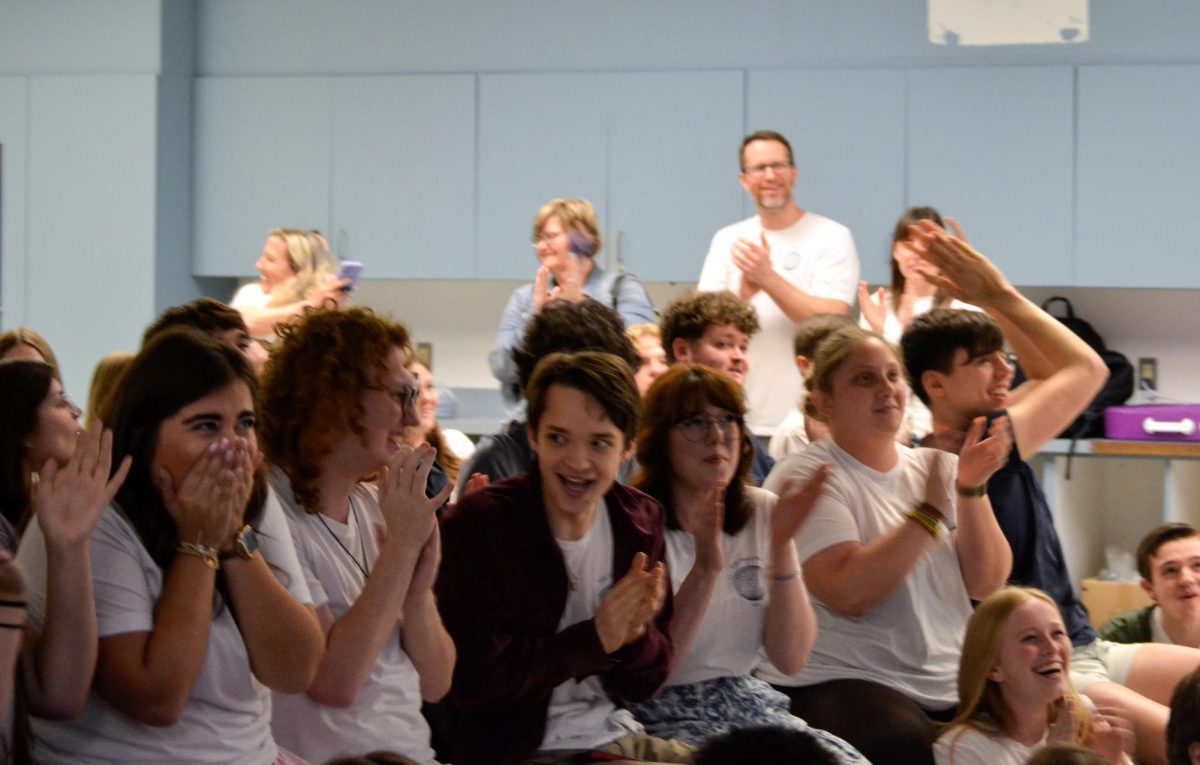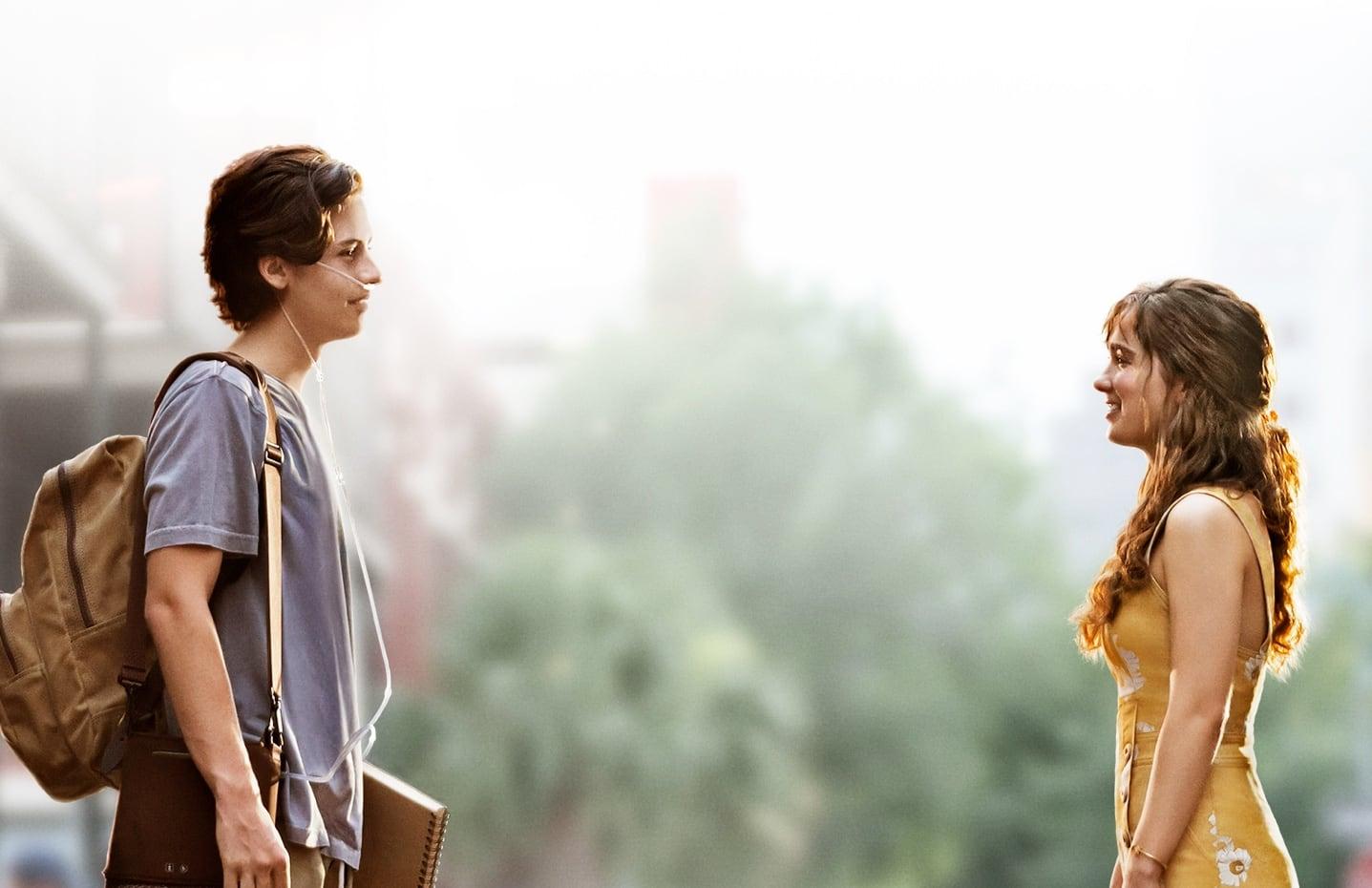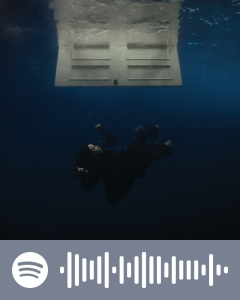Light pollution clouds Emmaus
February 27, 2023
This previously ran in our February 2023 print issue.
Light pollution has been getting worse and worse, especially in Pennsylvania. The pollution from big cities in the Northeast has been leaking into the darker locations around our area. In Emmaus itself, it has become increasingly difficult to see the abundance of stars that linger above our heads.
There are nine Bortle classes that categorize light pollution in different parts of the world, with one being the darkest (least pollution) and nine being the lightest (most polluted). Emmaus falls under Bortle class six. This means that very few stars and planetary objects can be viewed from Emmaus due to the amount of light.
This pollution not only affects our viewing of the sky, but also affects different animals and the way that they function in their environments. For one, artificial light can affect baby sea turtles’ abilities to reach the sea after hatching. This is because they use the bright horizon as an indicator of where to go. Millions of hatchlings die each year from this alone.
It also affects birds and their migration cycles. They easily wander off into unknown landscapes and areas because of the false direction given by light pollution. During migration, this can make them either migrate too early or too late, causing death for many.
Humans are at risk because of light pollution as well. According to a study done at Lehigh University, premature birth could increase by almost 13% due to its effects. A woman’s circadian rhythm can be disrupted from exposure to artificial light, causing sleep disorders and potential birth complications.
Additionally, there have been major effects on the East Coast, specifically in Pennsylvania. Cherry Springs State Park is located north of Emmaus, holds many campgrounds and observatories, and it is one of the darkest spots in the Northeast for observing the sky. Recently, light pollution from larger cities has started to leak into darker areas, including Cherry Springs. Every year, the Emmaus High School Astronomy Club takes a trip to Cherry Springs, and the impacts of this light pollution could mean no nearby place for people in the Northeast to see the cosmos in full.
It’s sad to see the impact of such an overlooked occurrence on ecosystems and the way humans function. It’s also devastating to realize the majority of people living within the United States live in areas that are so heavily polluted they cannot see stars at all. There is so much to admire about the universe, and yet they can’t see anything because of urbanization.
Not all hope is lost. There are many ways to minimize your effect on the environment and lessen your contribution to light pollution. Turning off lights when they are not in use is one easy way to reduce your impact. This helps prevent the leaking of light into the atmosphere, making it easier for people to observe the sky. More ways to help reduce your impact include avoiding driving at night (if possible), turning off all lights when going to sleep, pointing lights towards the ground when outside, and unplugging devices as the sun sets.
All of these are easy ways to reduce your impact on the spread of light pollution. I think the most important one to note is that you should allow your eyes to adjust to darkness, rather than turn on lights. The atmosphere can be light polluted but your eyes can as well.
One last way to help reduce light pollution is on a more broad, less personal scale: put hoods on street lights. Streetlights are by far the biggest contributor to the growing light pollution issue as they line the roads everywhere across the country and the world. Putting covers on streetlights would not lessen the amount of light cast on the roads, but it would minimize the amount of light leaking into the atmosphere by pointing directly downwards and the streetlights.
When thinking about light pollution, it is good to keep in mind that even though it is not as important as other global issues, it still should be addressed and dealt with.
We want future generations to be able to see and experience the universe in the ways we can in the darker areas, and taking that away from them would be outrageous. It’s time to take action and minimize light pollution.


